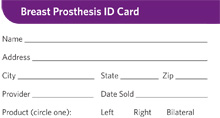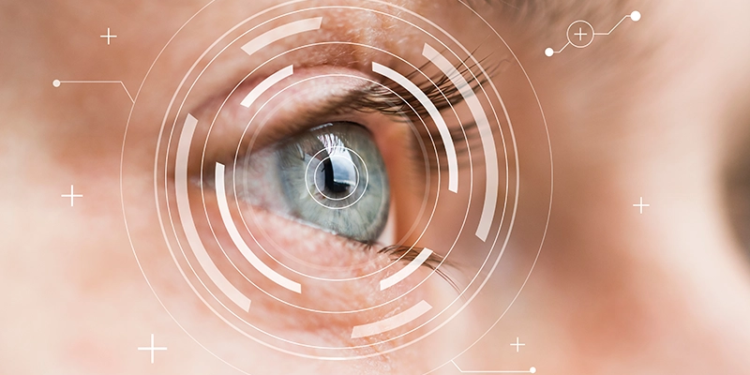
A breast cancer survivor has launched a new breast cancer survivor ID card this month to help survivors using prostheses to travel through airport security with more discretion, Carlton Purvis reported in a story on Security Management.com. The card, developed at The Ohio State University Comprehensive Cancer Center’s Arthur G. James Cancer Hospital and Richard J. Solove Research Institute (OSUCCC), Columbus, provides a discrete way for people to inform Transportation Security Administration (TSA) agents about their prostheses.
Breast cancer survivor Electra Paskett, associate director for Population Sciences at OSUCCC, came up with the idea after enduring “several inconsistent and insensitive airport security checks.” After TSA began using body scanners, Paskett said she was pulled aside for pat-downs-not every time, but enough that she felt like her privacy and dignity were violated.
Paskett consulted with TSA when designing the card, but TSA didn’t work directly with the university on its development.
The laminated, drivers’ license-sized card displays information including the individual’s name and address, the name of the provider of the prosthesis, and when the device was purchased. The cards are carried at Hope’s Boutique in the James Care Comprehensive Breast Center, Columbus, Ohio, a specialty store for cancer survivors, but they are available internationally. Hope’s Boutique provides the cards for free.
“TSA works with numerous groups, including breast cancer organizations, to continuously refine and enhance our procedures to improve the passenger experience while also ensuring the safety of the traveling public,” a TSA official said.
In TSA’s existing program for screening people traveling with medical equipment, travelers aren’t required to remove prosthetic devices, casts, or support braces, but officers do have to see and touch the device.
“TSA understands that passengers who are breast cancer survivors may have concerns about the screening process. When a breast cancer survivor, including survivors who have prostheses, approaches an airport checkpoint, that individual has the option of undergoing screening by use of advanced imaging technology or a pat-down,” said TSA spokesperson Lisa Farbstein.
If the imaging technology shows an anomaly, or if the person sets off a metal detector, additional screening is required. The passenger can request that the additional screening be done in private.
In 2008, TSA also began deploying to airports nationwide a scanning machine that can detect concealed threats in prostheses. When being scanned with CastScope, it’s not necessary to raise or remove any clothing. CastScopes are in 11 airports so far.
According to the Security Management article, Paskett has had no problems using the card when she travels and says that it has been well received by TSA officers she’s encountered.
TSA also has a Disability Notification Card available for download on its website to notify screeners of health conditions, or medical devices such as prostheses that may affect screening.




